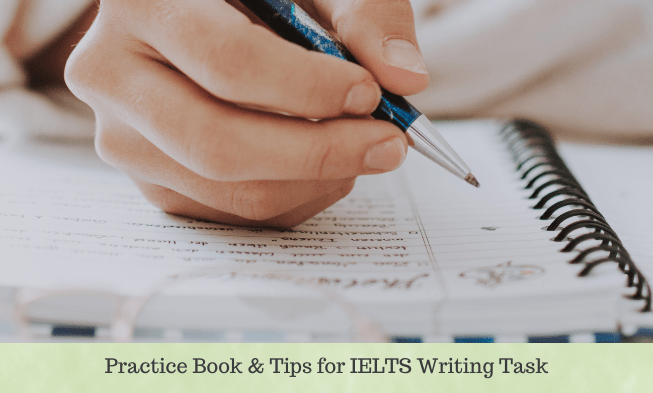IELTS Writing Samples: Your Essential Guide to Success
Are you determined to ace the IELTS writing section but feeling overwhelmed by where to start? You’re not alone. Many aspiring test-takers find the writing component to be the most challenging part of the IELTS exam. But what if I told you that with the right tools and strategies, you could transform this challenge into your greatest strength? Welcome to your ultimate guide: the “Practice Book & Tips for IELTS Writing”—a comprehensive resource designed to help you master both Writing Task 1 and Writing Task 2 with more than 240 samples.
Key Tips for IELTS Writing Success

IELTS Writing Task 1 (Academic)
- Understand the Question Prompt
Carefully read the prompt and identify the key features of the given data, whether it’s a graph, chart, or diagram. - Analyze the Data
Identify trends, comparisons, and significant points. This will be the foundation of your response. - Structure Your Essay
Organize your response with a clear introduction, body paragraphs, and a conclusion. Logical flow is crucial. - Use Appropriate Vocabulary
Employ vocabulary that is specific to the type of data presented. This not only shows your understanding but also enriches your response. - Present Information Accurately
Make comparisons, highlight trends, and summarize where necessary to ensure your essay is both accurate and comprehensive.
Check Also:
IELTS Vocabulary Lists to Boost Your Score (PDF Download) [2024]
Vocabulary for Describing Graphs and Charts (IELTS)
25+ Common Proverbs and Their Meanings in English
Essay Writing Tips & How to Avoid Typical Mistakes
IELTS Writing Task 2 (Academic & General Training)
- Thoroughly Read the Prompt
Ensure you fully understand the topic and the instructions before you begin. - Plan Your Essay
Spend a few minutes brainstorming and organizing your ideas. A strong thesis statement is key. - Present a Clear Position
Whether you’re asked to agree, disagree, or discuss both views, make sure your position is clear and well-supported with examples. - Structure with Precision
Use an introduction, body paragraphs that each address a specific point, and a conclusion that ties everything together. - Vary Your Vocabulary and Sentence Structures
Demonstrate your range by using diverse vocabulary and sentence types. This will also keep your writing engaging. - Ensure Coherence and Cohesion
Use linking words and phrases to connect your ideas smoothly and logically.
General Writing Tips for IELTS
- Time Management
Allocate specific times for planning, writing, and reviewing. This will help you stay on track and complete your tasks within the allotted time. - Meet the Word Count
Aim for 150-200 words for Task 1 and 250-300 words for Task 2. Falling short can cost you valuable points. - Focus on Grammar, Punctuation, and Spelling
Clear and accurate language use is crucial for a high score. - Practice Regularly
Consistent practice will improve your speed, idea development, and familiarity with different question types. - Seek Feedback
Getting feedback from a teacher or proficient English speaker can highlight areas for improvement and help you refine your writing skills.
Unlock More IELTS Writing Resources
Ready to take your IELTS preparation to the next level? Download our extensive collection of samples—more than 70 for Writing Task 1 and over 170 for Writing Task 2. With these resources at your fingertips, you’ll be well-equipped to tackle the writing section of the IELTS exam and achieve the scores you’ve always dreamed of.



